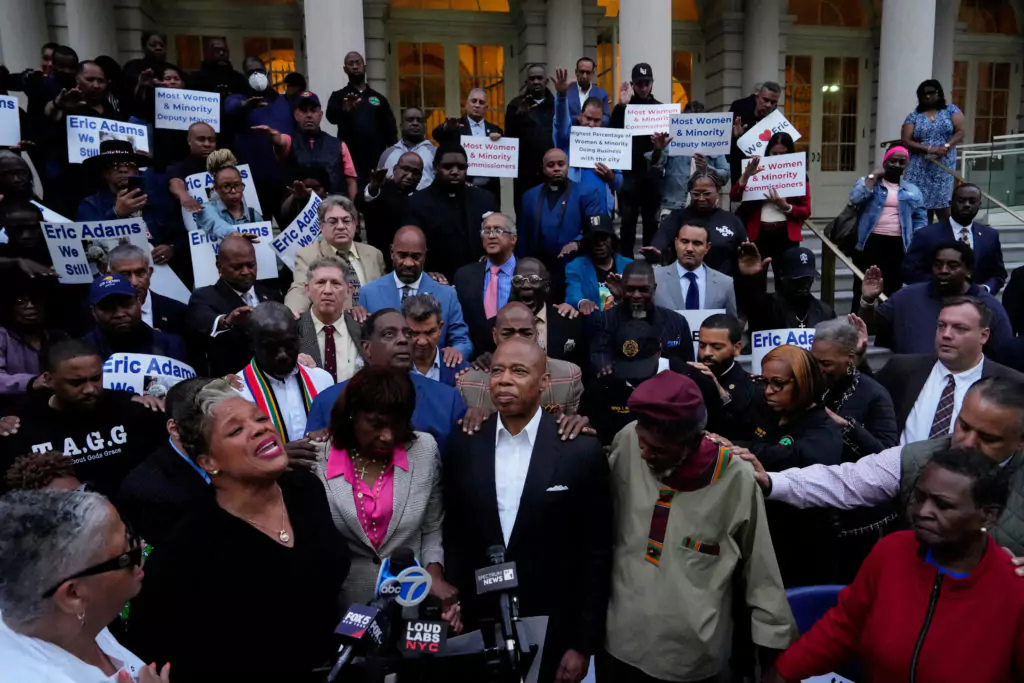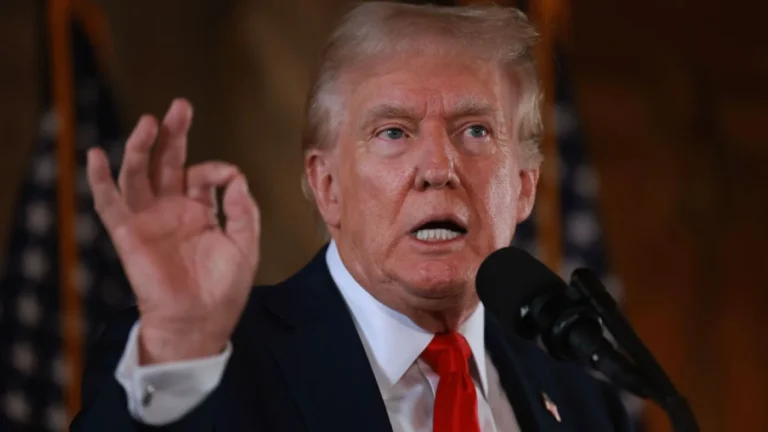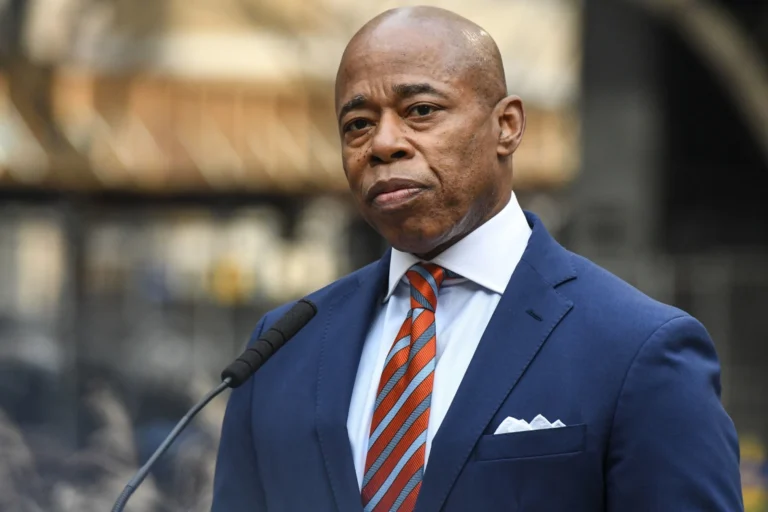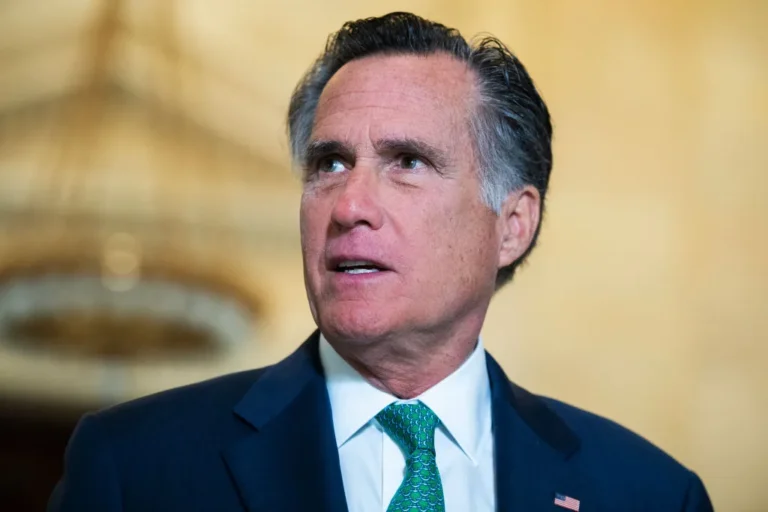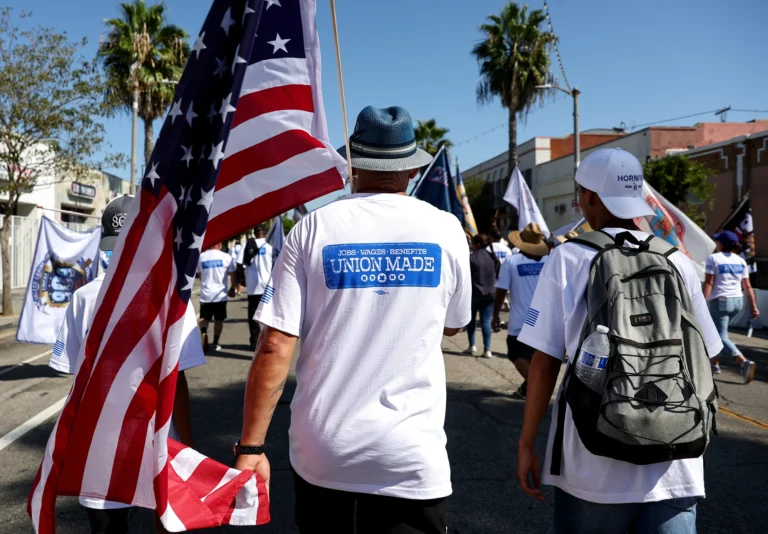The Struggle for Voting Rights in the United States: A Historical Overview
The journey towards voting rights for African Americans in the United States is a narrative rich with struggle, resilience, and triumph. It begins in the aftermath of the Civil War, a period marked by the profound transition of approximately 4 million freed Black Americans who were eager to secure their place as full citizens. This included the critical right to vote, which remained a fundamental pillar of democracy.
The abolition of slavery was formalized by the 13th Amendment in 1865, yet the path to citizenship and equality was fraught with significant challenges. Despite the ratification of the 15th Amendment in 1870, which aimed to prohibit the denial of voting rights based on race, color, or previous condition of servitude, many states found ways to circumvent this constitutional guarantee. They employed a variety of discriminatory practices, including literacy tests and poll taxes, which were designed to disenfranchise Black voters. This systematic suppression of voting rights effectively re-established the oppressive Black Codes and evolved into the Jim Crow laws, which enforced racial segregation and systemic inequality for nearly a century.
Throughout this period, local laws mandated racial segregation in public facilities, creating a “separate but equal” society. Schools, transportation, restrooms, and restaurants were all divided along racial lines, perpetuating a culture of discrimination that marginalized Black Americans. The harsh reality of this segregation was evident in daily life, where Black individuals were often denied access to the same facilities and opportunities afforded to their white counterparts.
As the injustices of segregation became increasingly apparent, the civil rights movement of the 1950s and 1960s emerged as a powerful force for change. Activists bravely mobilized to challenge the status quo, bringing attention to the deep-rooted inequalities that plagued American society. This movement led to significant legislative victories that began to dismantle the barriers preventing African Americans from exercising their right to vote.
One of the key milestones was the ratification of the 24th Amendment in 1964, which sought to eliminate poll taxes in federal elections. This amendment was a crucial step forward in advancing voting rights for African Americans, as it removed one of the financial barriers that had been used to disenfranchise Black voters. The momentum of the civil rights movement culminated in the passage of the Voting Rights Act of 1965, signed into law by President Lyndon B. Johnson. This landmark legislation aimed to dismantle the institutional barriers that had long prevented African Americans from voting. It resulted in a significant surge in Black voter registration and participation, empowering a previously marginalized population to engage in the democratic process.
However, the victory for voting rights did not mark the end of the struggle. The fight for equitable access to the ballot continued, as systemic racism and discriminatory practices persisted. A pivotal moment occurred in 2013 when the Supreme Court’s decision in Shelby v. Holder struck down key provisions of the Voting Rights Act. This ruling effectively weakened federal oversight of state voting laws and led to renewed efforts by some states to impose restrictions that disproportionately affected minority voters. Tactics such as voter ID laws, purging voter rolls, and restricting early voting became increasingly common, creating new barriers that echoed the struggles of the past.
Despite these ongoing challenges, the legacy of the civil rights movement continues to inspire new generations of activists. The fight for voting rights remains a critical issue in contemporary American society, as advocates work tirelessly to combat voter suppression and ensure that the democratic process is accessible to all. Organizations dedicated to protecting voting rights emphasize the importance of participation in elections and the need to remain vigilant against any attempts to undermine these hard-won rights.
The election of Barack Obama in 2008 as the first Black president of the United States was a historic milestone, symbolizing the progress made in the struggle for racial equality and voting rights. However, it also served as a reminder of the ongoing work needed to ensure that the ideals of democracy are upheld for every citizen, regardless of their race or background.
In conclusion, the journey towards voting rights for African Americans is a testament to the resilience of a community that has faced immense challenges throughout history. From the post-Civil War era to the civil rights movement and beyond, the struggle for equality and access to the ballot remains a vital part of America’s democratic fabric. As we look ahead, it is crucial to honor the sacrifices made by those who fought for these rights and to continue the work to protect and expand them for future generations. The pursuit of justice and equality in voting is not merely a historical narrative; it is an ongoing battle that shapes the future of democracy in the United States.
